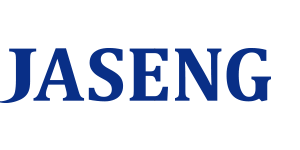Comparative effectiveness and cost-effectiveness of Chuna manual therapy versus conventional usual care for non-acute low back pain: study protocol for a pilot multi-center, pragmatic randomized controlled trial (pCRN study)
Background: While Chuna manual therapy is a Korean manual therapy widely used primarily for low back pain (LBP)-related disorders in Korea, well-designed studies on the comparative effectiveness of Chuna manual therapy are scarce.
Methods/Design: This study is the protocol for a three-armed, multi-center, pragmatic randomized controlled pilot trial. Sixty severe non-acute LBP patients (pain duration ≥3 weeks, numeric rating scale (NRS) ≥5) will be recruited at 4 Korean medicine hospitals. Participants will be randomly allocated to the Chuna group (n=20), usual care group (n=20), or Chuna plus usual care group (n=20) for 6 weeks of treatment. Usual care will consist of oral conventional medicine, physical therapy, and back pain care education. The trial will be conducted with outcome assessor and statistician blinding. The primary endpoint will be NRS of LBP at week 7 post-randomization. Secondary outcomes include NRS of leg pain, Oswestry disability index (ODI), Patient Global Impression of Change (PGIC), Credibility and Expectancy Questionnaire, lumbar range of motion (ROM), EuroQol-5 Dimension (EQ-5D), Health Utility Index Ⅲ (HUI-Ⅲ), and data of economic evaluation and safety. Post-treatment follow-ups will be conducted at 1, 4 and 10 weeks after conclusion of treatment.
Discussion: This study will assess the comparative effectiveness of Chuna manual therapy compared to conventional usual care. Costs and effectiveness (utility) data will be analyzed for exploratory cost-effectiveness analysis. If this pilot study does not reach a definite conclusion due to small sample size, these results will be used as preliminary results to calculate sample size for future large-scale clinical trials and contribute in assessment of feasibility of a full-scale multi-center trial.
Trial registration: Clinical Research Information Service (CRIS) registration number: KCT0001850 (https://cris.nih.go.kr/cris/search/search_result_st01.jsp?seq=5868). Registered 17 March 2016.


